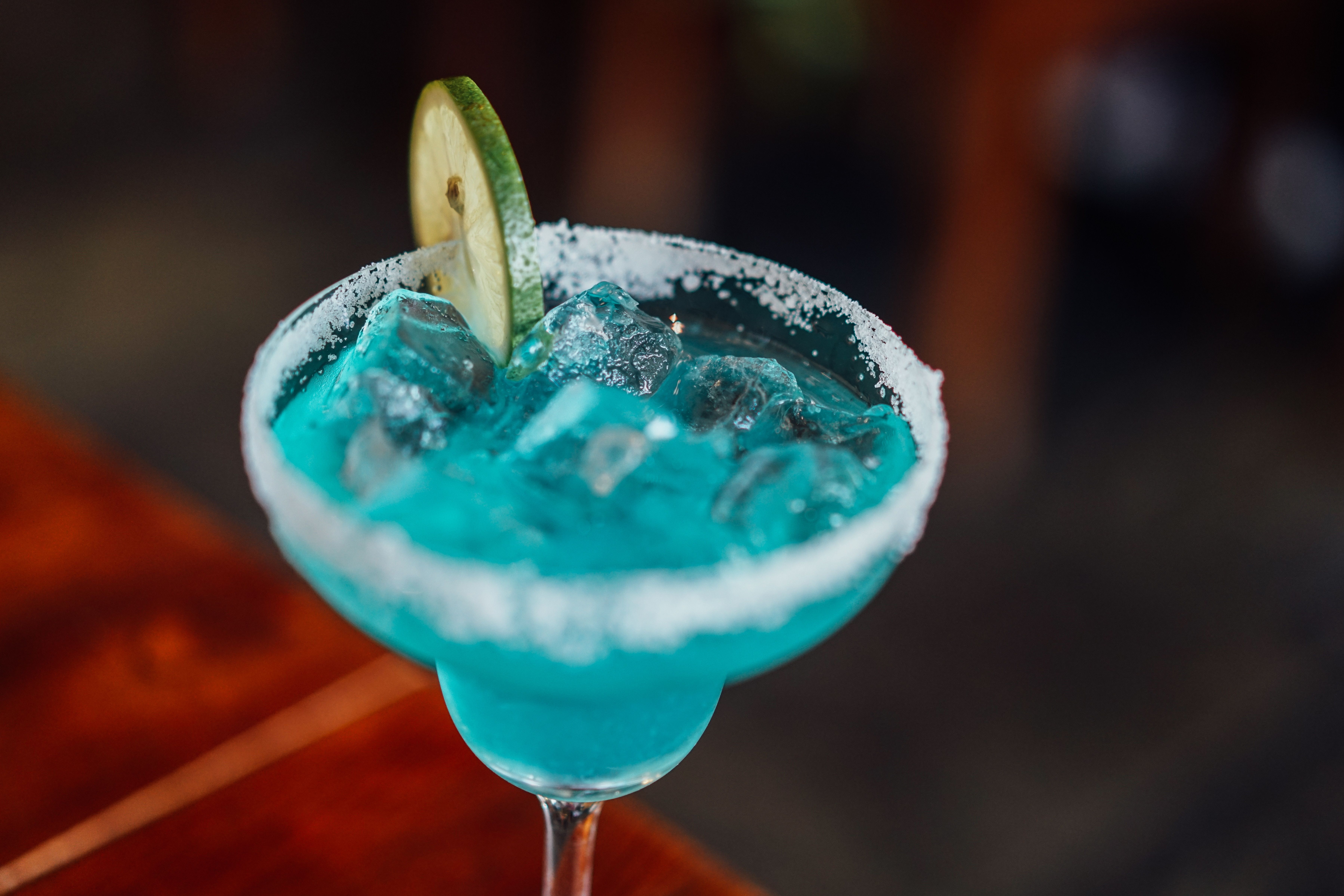Is ‘Dry January’ actually worth it?
Having made it through a long first term, stumbling over the line into Christmas, it seems only natural that many of us spent the period finding solace at the bottom of a glass. It’s not remarkable then that many traditions involve waking up on Christmas morning to a glass of something fizzy and/or orange. Compounded a week later with New Year’s Eve, a night famous for its drinking endeavours and guilty resolutions, it’s no surprise that January is chosen as a month of reform. The question remains, however, of whether there any long-term effects associated with the month of sobriety known as ‘Dry January’, or is it simply the respite our livers need.
Dr Preethi Daniel from the London Doctors Clinic explained to The Independent how in the first few days of the month, embarking on ‘Dry January’ can cause disrupted sleep patterns and dehydration. Given a week, however, the body begins recovering from the sudden changes it has gone through, and so subjects adopt a more established sleeping routine. These newly found rested nights mean a much more stable morning routine too, as well as a boosted immune system.
It’s no surprise that January is chosen as a month of reform
A study published in Health Psychology explored the longer-term effects of ‘Dry January’ experimentally. As part of this, 249 male and 608 female volunteers were questioned about their drinking activities before the month, a month after starting drinking again, and then finally six months after their ‘Dry January’ experience. Some clever and undisclosed analysis later indicated that abstinence challenges such as ‘Dry January’ may be associated with changes to healthier drinking.
It also uncovered an interesting increase in drinking refusal self-efficacy (DRSE) – i.e. how good you are at staying sober despite social pressure. A fairly common phenomenon at university, we have been coaxed into a night out by a seemingly insatiable flatmate whose single divine purpose is to ensure you go to Neon for some contrived, yet non-negotiable reason (I’m not bitter, honestly). A month away from all of this could, however, see you with a greater confidence in refusal, especially in first year, where term one usually involves an inhumane quantity of nights out and binge drinking. Once term two comes around, you may be less likely to succumb to the lure of Purple, having remembered what can happen in The Copper Rooms in gruesome detail. As such, a ‘new year new me’ detox could do more than just revitalise your liver, fresh and ready for making it through Valentine’s Day alone.
It also uncovered an interesting increase in drinking refusal self-efficacy
However, not all of the participants survived the month of potential social and mental torture. In fact, it was among these unfortunate few (no doubt complete ‘sesh demons’) that the negative effects of ‘Dry January’ were most prevalent. These were the 11% of participants who experienced so called ‘rebound effects’, where over the following six months, their drinking habits increased in frequency.
The real question concerns the participants of the study. It could be argued that these honourable, upholding members of society were already of a disposition to change their drinking habits; thus embarking upon the social media fuelled public display of control.

Comments